 Do you own a property with a septic system? If so, this is the perfect week to revisit good SepticSmart tips to keep your system in excellent working condition. SepticSmart Week runs September 18-22, 2017, but the Clackamas Soil and Water Conservation District encourages good septic system maintenance all year long. We even have a terrific new Residential Septic System Repair Loan Program to support landowners in the Clackamas River watershed with the repair or replacement of failed and failing septic systems.
Do you own a property with a septic system? If so, this is the perfect week to revisit good SepticSmart tips to keep your system in excellent working condition. SepticSmart Week runs September 18-22, 2017, but the Clackamas Soil and Water Conservation District encourages good septic system maintenance all year long. We even have a terrific new Residential Septic System Repair Loan Program to support landowners in the Clackamas River watershed with the repair or replacement of failed and failing septic systems.
Why Should I Care for My Septic System?
A well maintained and properly functioning septic system can provides landowners with many years of effective service. When working correctly, it allows groundwater to be recharged onsite and makes more clean water available for all of us to use. Septic systems also treat your waste water naturally, allowing water to slowly seep into the ground. This keeps moisture on site to help plants grow and replenish the water supply.
Proper care and maintenance of septic systems can help keep homeowners and their neighbors healthy and protects both our drinking water and our environment. For homeowners, proper care can also prevent costly repairs or replacement of systems, protect property values, and conserve water.
Check out these useful SepticSmart tips:
- Protect It and Inspect It: In general, homeowners should have their system inspected every three years by a licensed contractor and have their tank pumped when necessary, generally every three to five years.
- Think at the Sink: Avoid pouring fats, grease, and solids down the drain, which can clog a system’s pipes and drainfield.
- Don’t Overload the Commode: Ask guests to only to put things in the drain or toilet that belong there. For example, these are some of the things can clog or potentially damage your septic system: coffee grounds, dental floss, disposable diapers and wipes, feminine hygiene products, cigarette butts, and cat litter.
- Don’t Strain Your Drain: Be water efficient and spread out water use. Consider fixing plumbing leaks and installing faucet aerators and water-efficient products, and spread out laundry and dishwasher loads throughout the day. Too much water at once can overload a system if it hasn’t been pumped recently.
- Shield Your Field: Remind guests not to park or drive on a system’s drainfield, where the vehicle’s weight could damage buried pipes or disrupt underground flow. Additionally, you should never build or pasture animals on your drainfield.
For more information on how you can best support your septic system, check out this Clackamas County Homeowner’s Guide to Septic Systems.
[wpfilebase tag=file path=’conservation/water/water-quality/SepticSafe booklet FINAL 3-27-13(press).pdf’ /]

